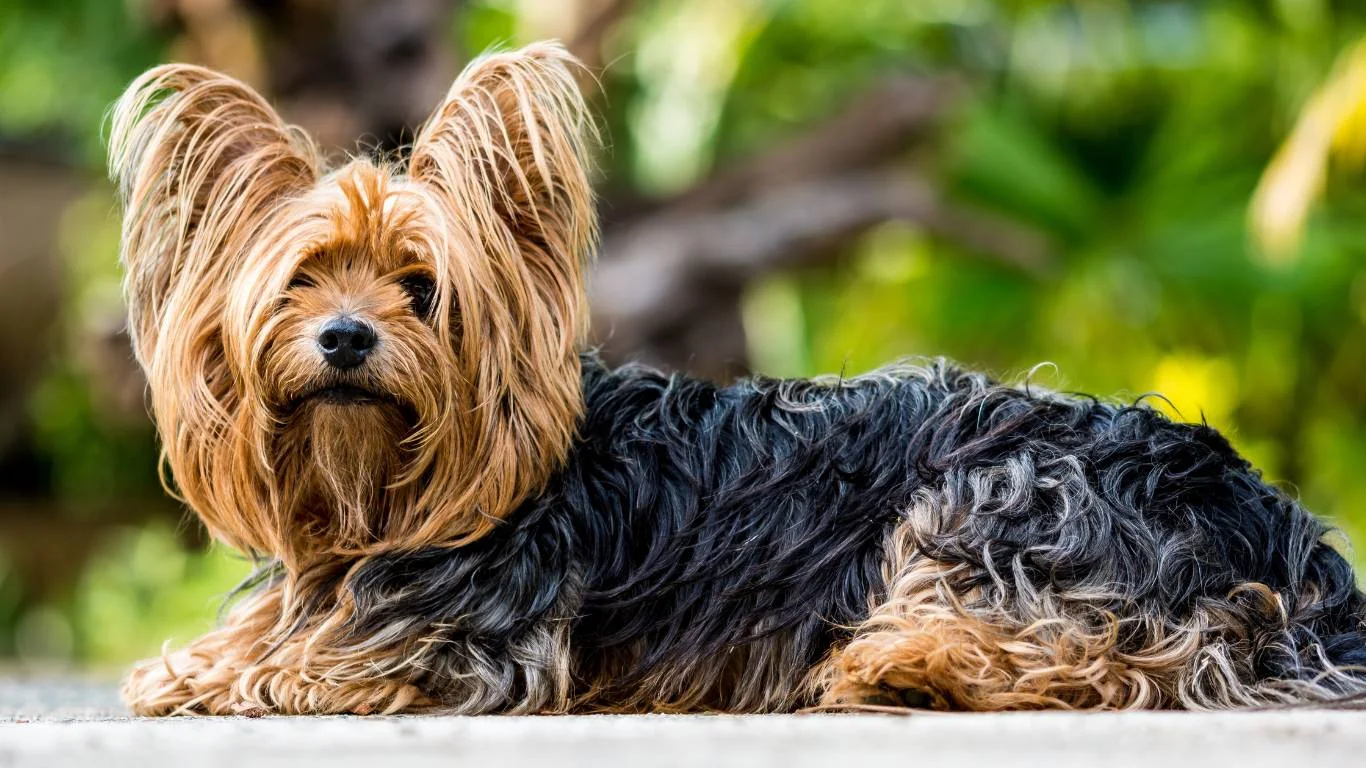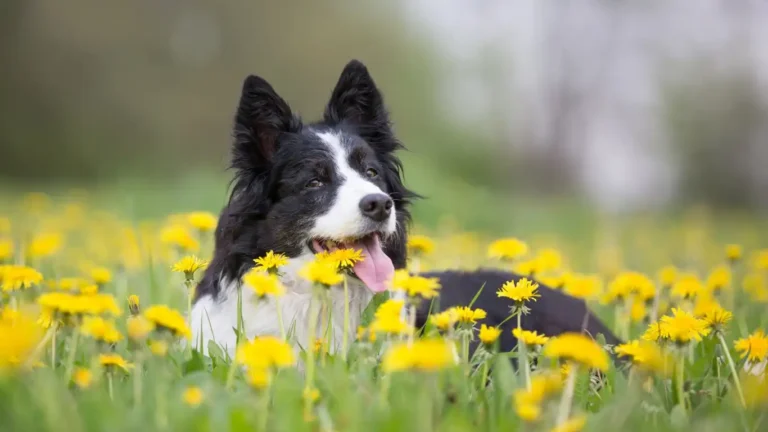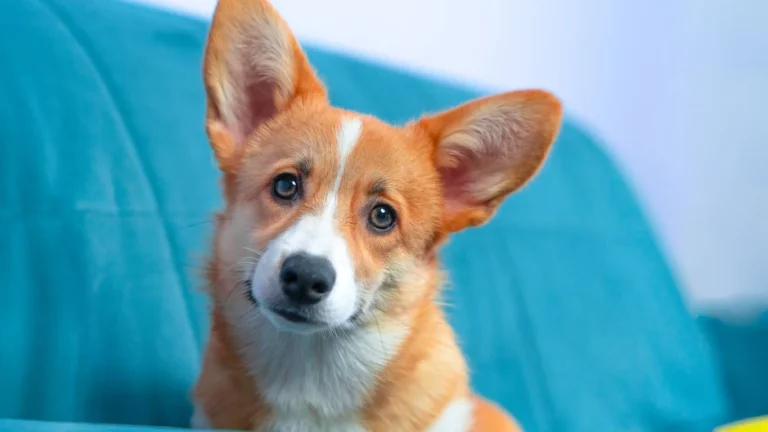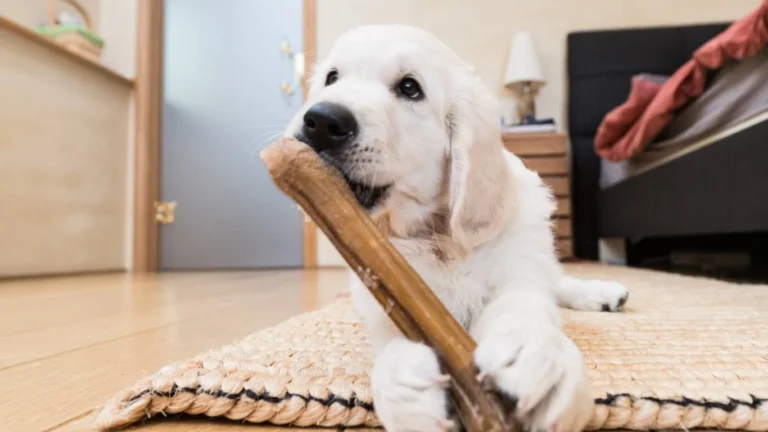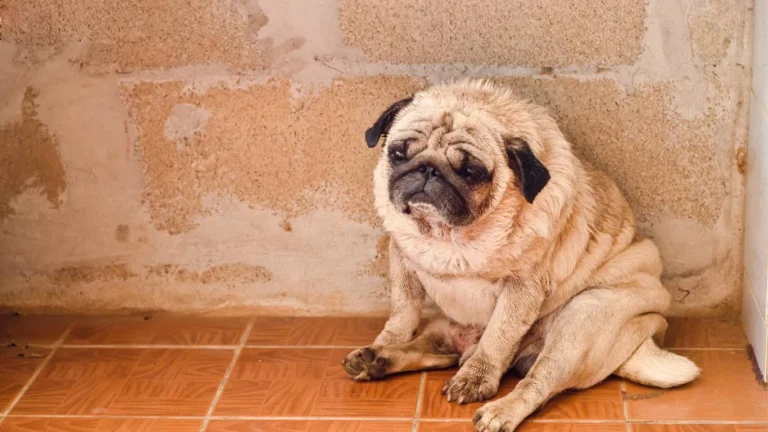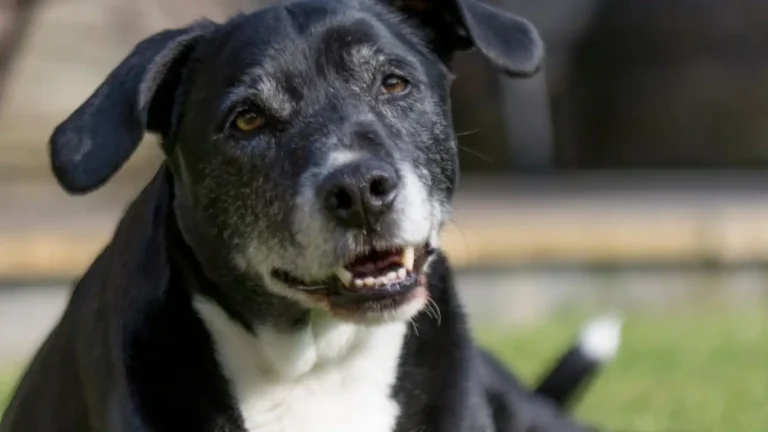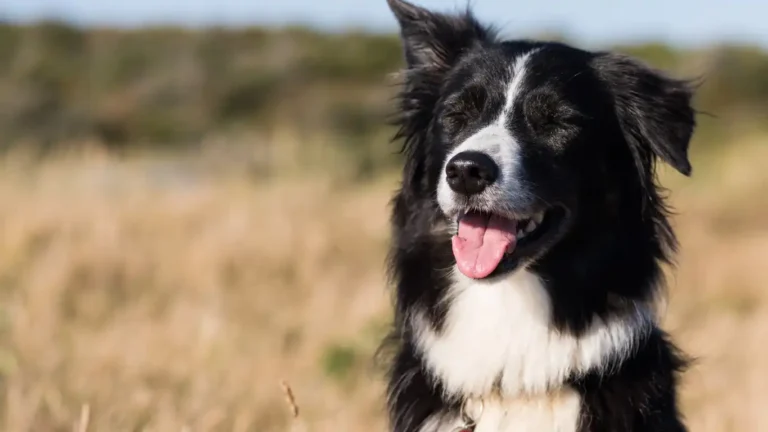How to Help a Dog with Anxiety During Fireworks – Effective Strategies
As much as we love the holiday season, the loud bangs and flashes from fireworks can be terrifying for our furry friends. As a Veterinary Assistant with a nutrition focus, I’ve seen how many pets struggle with anxiety during fireworks displays. This anxiety can be intense, leading to destructive behavior, excessive drooling, trembling, or even self-harm. So, how can we help our dogs feel safe and calm when the sky lights up with fireworks? Let’s dive into some practical solutions to ease your dog’s anxiety during fireworks and help them feel more secure in the process.
Understanding Firework Anxiety in Dogs
Before we explore how to manage your dog’s anxiety, it’s important to understand why fireworks have such an impact on them. Dogs, with their incredibly sensitive hearing, can perceive sounds at a much higher frequency than humans. That booming sound of fireworks, which to us might seem loud but tolerable, can be deafening to them. But it’s not just the noise—it’s also the flashing lights and the unpredictable nature of the event that contribute to their fear.
My experience in the veterinary field has shown that certain dogs are more susceptible to fireworks anxiety than others. Older dogs, dogs with a history of trauma, and dogs with a naturally anxious temperament tend to be affected the most. But, no matter your dog’s background or personality, with the right approach, you can help them feel less stressed during these loud celebrations.
Recognizing the Signs of Anxiety
Before jumping into treatment options, it’s important to recognize when your dog is feeling anxious. While some dogs may retreat and hide, others might show their discomfort in less obvious ways. Here are a few signs to watch out for:
- Shaking or Trembling: One of the most common signs of anxiety, especially during fireworks, is visible shaking or trembling.
- Excessive Drooling: Some dogs will drool more than usual when they’re stressed.
- Destructive Behavior: Anxiety can lead to chewing furniture, scratching walls, or even trying to escape through windows or doors.
- Pacing and Restlessness: Dogs might have trouble staying still and may constantly move around, unable to settle down.
- Whining or Barking: Vocalizations can increase as they try to communicate their distress.
Understanding these signs can help you take early action to support your dog during stressful situations like fireworks.
How to Help a Dog with Anxiety During Fireworks
So, how do we help a dog with anxiety during fireworks? There are several approaches that can be effective, from creating a calming environment to offering natural remedies and behavior modification techniques. Here are some strategies that I’ve found particularly helpful when managing dog anxiety during fireworks:
1. Create a Safe, Quiet Space
One of the first things I recommend is creating a safe space for your dog to retreat to. This space should be away from the noise and bright lights of the fireworks. Ideally, it should be a small, enclosed area where they feel secure. A crate, with a comfortable bed or blanket, can serve as a cozy den for your dog. Dogs often seek out smaller, confined spaces when they feel anxious, as it provides them with a sense of security.
If a crate isn’t an option, a bathroom or small room with no windows can also work well. Be sure to make the space as relaxing as possible, with soft bedding and any comforting toys your dog enjoys. I always recommend using a piece of your clothing or a blanket with your scent on it—it can help them feel more reassured and calm.
2. Use Music or White Noise
Sometimes, distracting your dog from the noise of the fireworks can help ease their anxiety. Playing soft music or using a white noise machine can help mask the sound of the fireworks. I’ve found that classical music, in particular, works wonders for many dogs. It’s soothing and doesn’t have the harsh tones that can contribute to anxiety.
If you’re unsure what to play, there are even playlists and soundtracks designed specifically to calm dogs. These are great tools to help your dog focus on something less stressful than the booming fireworks outside.
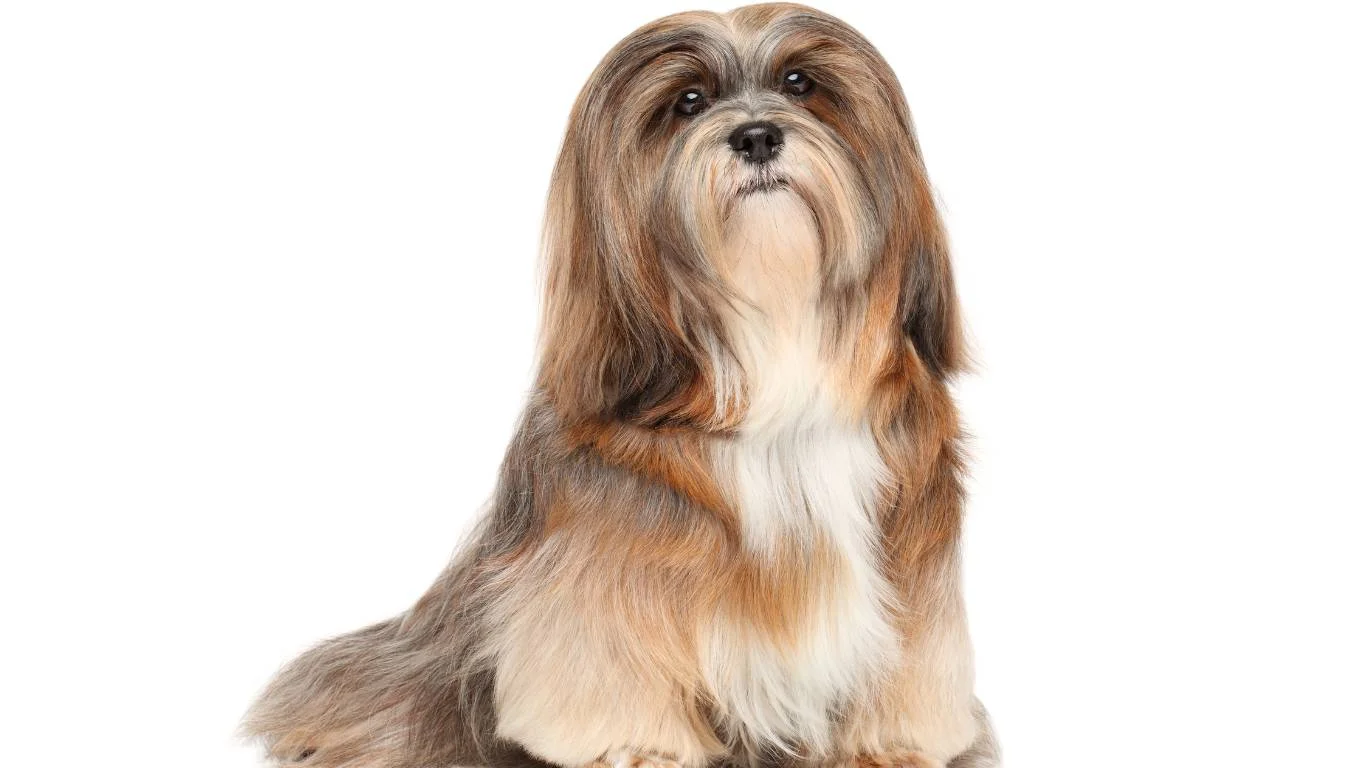
3. Try Calming Products
Another effective approach is to use calming products designed for dogs. These products can range from wearable garments to natural supplements. Here’s a breakdown of some options I’ve personally found to be useful:
- Thundershirt: This is a popular calming vest that applies gentle pressure to a dog’s body, which can have a soothing effect similar to swaddling a baby.
- CBD Oil: CBD has become a go-to natural remedy for reducing anxiety in both humans and pets. Many pet owners I’ve worked with have reported positive results when giving their dogs CBD oil before fireworks.
- Calming Pheromone Diffusers: Products like Adaptil emit synthetic pheromones that mimic the calming signals mother dogs give their puppies. They can help dogs feel more secure and less stressed.
While these products are not a one-size-fits-all solution, many dogs benefit from them when used correctly. It’s always best to consult with your veterinarian before trying a new calming product to ensure it’s appropriate for your pet.
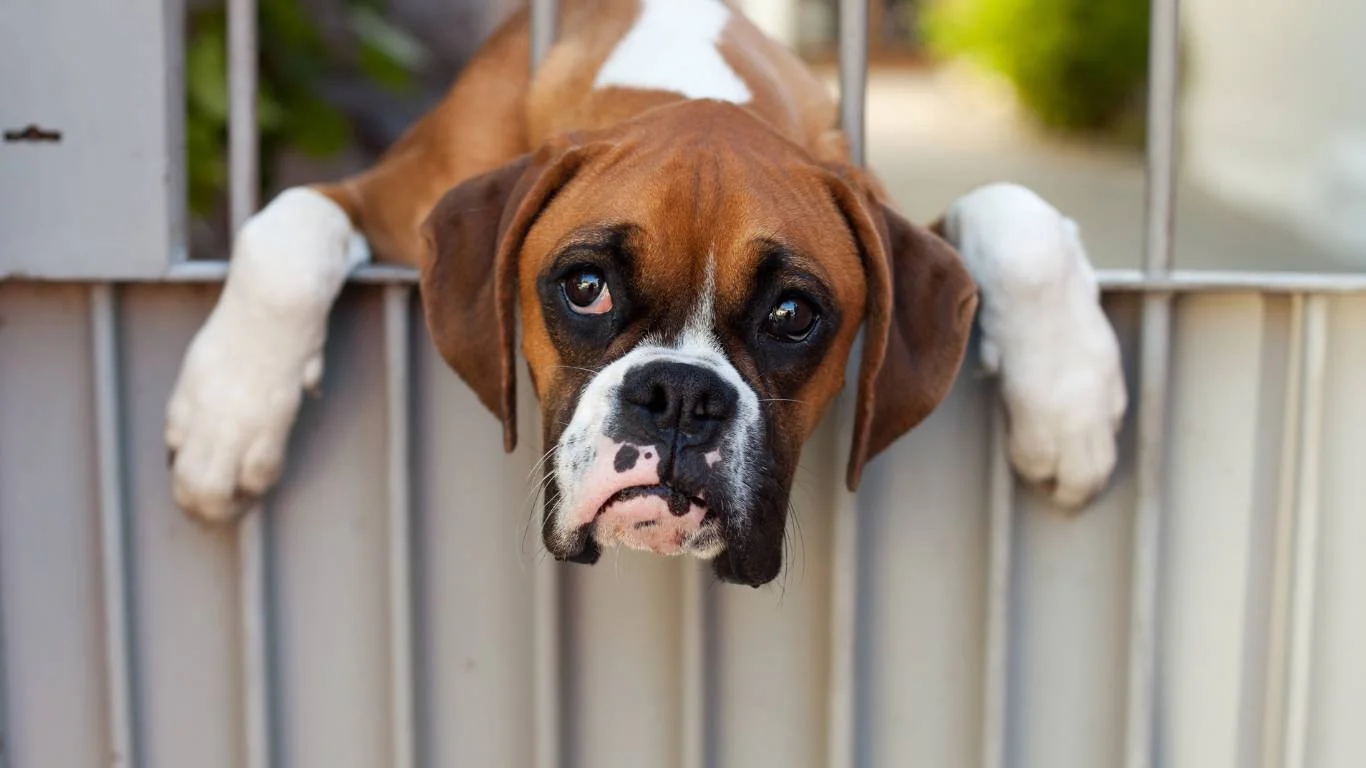
4. Desensitization and Counter-Conditioning
If your dog’s anxiety is more severe, you might want to consider desensitization and counter-conditioning techniques. These methods involve gradually exposing your dog to the sounds of fireworks in a controlled environment to help them build tolerance. It’s important to be patient, as this process can take time, but it can be incredibly effective in the long run.
Start by playing recordings of fireworks at a low volume and pair the sound with something positive, like treats or playtime. Gradually increase the volume over time as your dog becomes more accustomed to the noise, always ensuring they’re calm and comfortable during each step. This process should be done slowly and carefully to avoid overwhelming your dog.
5. Consult Your Veterinarian for Medication
In some cases, your dog’s anxiety may be so severe that behavioral strategies alone aren’t enough. If that’s the case, don’t hesitate to consult your veterinarian. They can recommend medication that can help ease your dog’s anxiety during stressful events like fireworks. Medications like anxiolytics or sedatives can be used to help your dog feel more relaxed. However, these should always be prescribed and supervised by a professional to ensure they’re safe for your dog.

Additional Tips for Easing Your Dog’s Fireworks Anxiety
As we continue to explore ways to help your dog cope with fireworks anxiety, it’s essential to know that there are a variety of methods and tools at your disposal. Depending on your dog’s personality and level of anxiety, some of these strategies will work better than others. It’s all about finding what works best for your dog, and sometimes it takes a little trial and error.
6. Provide Distractions and Entertainment
Sometimes the best way to help your dog deal with anxiety during fireworks is to simply keep them distracted. If you’re able to keep their focus on something other than the noise and lights, it can make a huge difference in how they respond. I’ve had a lot of success using puzzles, chew toys, and interactive games to keep dogs entertained during stressful events.
Consider giving your dog a treat-filled puzzle toy that will keep them busy for an extended period. Kongs stuffed with peanut butter, cheese, or their favorite treat can keep their attention and provide a sense of comfort. These distractions help redirect their attention, and the positive reinforcement of getting a tasty reward can help them associate the time with fireworks as something good rather than something to fear.
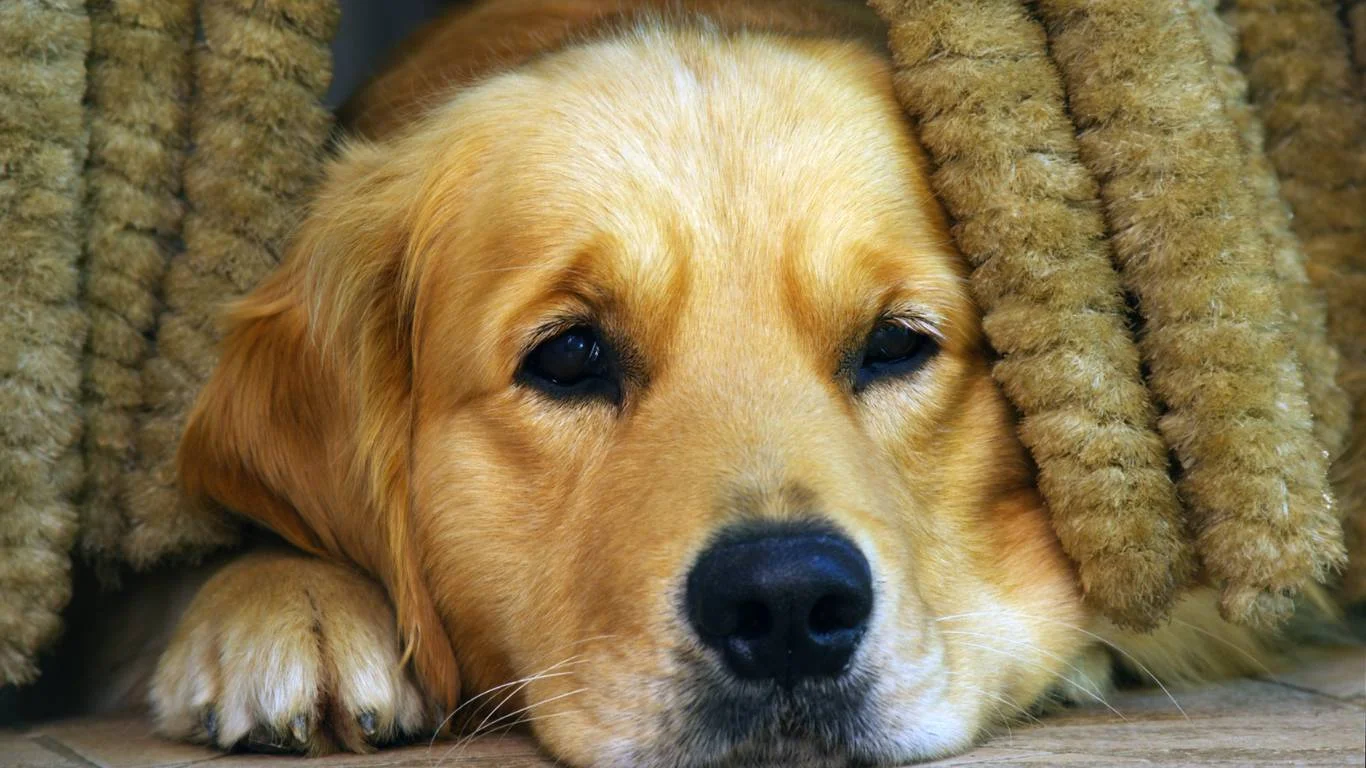
7. Exercise Before the Fireworks
Another tip I’ve found to be helpful is getting your dog out for some extra exercise before the fireworks begin. Dogs who are well-exercised are often better equipped to handle anxiety, as physical activity helps release pent-up energy and stress. If you have a high-energy dog, this is especially important. A long walk or an intense play session before the fireworks start can help tire your dog out, making it more likely that they’ll settle down and sleep through the noise.
However, timing is key here—make sure you finish the exercise at least an hour or two before the fireworks start. This way, your dog will have time to wind down and relax in preparation for the upcoming event. Plus, the extra activity will help them feel more at ease and less likely to react to the fireworks with fear.
8. Be a Calm Presence
Believe it or not, your behavior can have a big impact on how your dog reacts to fireworks. Dogs are incredibly attuned to their owner’s emotions and body language, so if you’re anxious or stressed, they’re more likely to mirror those feelings. It’s essential to remain calm and reassuring for your dog, even if you’re feeling nervous about their reaction.
One thing I always remind pet owners is not to reinforce their dog’s anxiety by babying them too much during the fireworks. While it’s important to provide comfort, overly coddling your dog when they’re anxious can unintentionally reinforce the behavior. Instead, calmly reassure them with a soft voice and gentle petting. Let them know everything is okay, but avoid making a big fuss. Your calmness will help them feel safer, and they’ll take cues from your demeanor on how to respond.
9. Consider Using a Professional Trainer
If your dog’s anxiety during fireworks is severe and doesn’t improve with basic methods, it might be time to consider seeking the help of a professional dog trainer or behaviorist. Some dogs may require more specialized interventions, such as behavior modification techniques or one-on-one sessions to address the root cause of their anxiety.
In my experience, trainers who specialize in anxiety can provide customized plans for your dog’s specific needs. Whether it’s through desensitization or other calming techniques, a professional trainer can help your dog learn to cope with fireworks over time. This can be especially beneficial if your dog has a history of traumatic experiences that contribute to their fear.
Using Natural Remedies for Anxiety Relief
In addition to the traditional methods we’ve discussed, there are several natural remedies that can help ease your dog’s anxiety. These remedies can be used alone or in conjunction with other strategies to provide additional relief. I’ve had several clients use these remedies with success, so let’s dive into a few natural options that you might want to consider for your dog.
10. Herbal Supplements
Herbal supplements have been gaining popularity as natural anxiety-relief options for pets. Some herbs have calming properties that can help reduce stress in dogs, such as:
- Chamomile: Known for its calming effects, chamomile can help relax your dog and ease anxiety. It can be given in the form of tea or a supplement.
- Lavender: Lavender is another calming herb that can help soothe your dog. You can use lavender essential oils in a diffuser or give them supplements with lavender extract.
- Valerian Root: Valerian is often used as a natural sedative for both humans and animals. It can help your dog relax without causing grogginess.
Before introducing any herbal supplement, however, it’s crucial to consult with your veterinarian. Some herbs may interact with other medications, so it’s always best to ensure they’re safe for your dog.
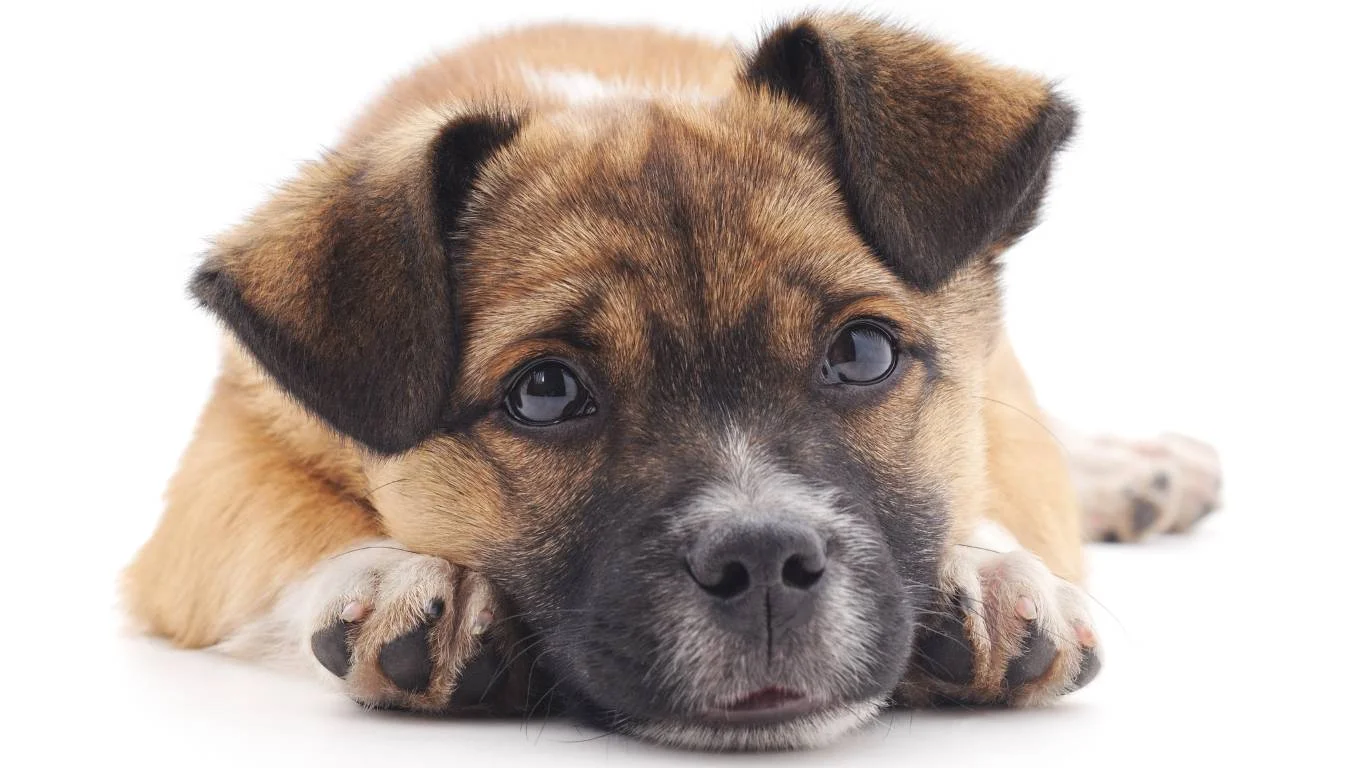
11. Aromatherapy for Dogs
Just like humans, dogs can benefit from aromatherapy. Essential oils like lavender, chamomile, and frankincense are known for their calming effects, and they can be used to create a more relaxing environment for your dog during stressful events like fireworks.
Diffusers can be used to disperse the scent of calming essential oils into the air, or you can dilute the oils with a carrier oil and apply them to your dog’s collar. Be sure to use only pet-safe essential oils and consult with your vet to ensure that the oils are safe for your dog. Certain essential oils, like tea tree oil, can be toxic to pets, so always do your research first.
12. Homeopathy and Flower Essences
Homeopathic remedies, such as Rescue Remedy, are another natural treatment option for easing anxiety in dogs. Flower essences are believed to work on an emotional level, helping dogs manage stress and fear. Rescue Remedy, in particular, is a popular option and has been used successfully by many pet owners to help their dogs stay calm during fireworks and other stressful events.
These remedies can be found in pet stores or online and are often easy to administer. Just be sure to consult with your veterinarian to ensure they’re appropriate for your dog’s specific needs.
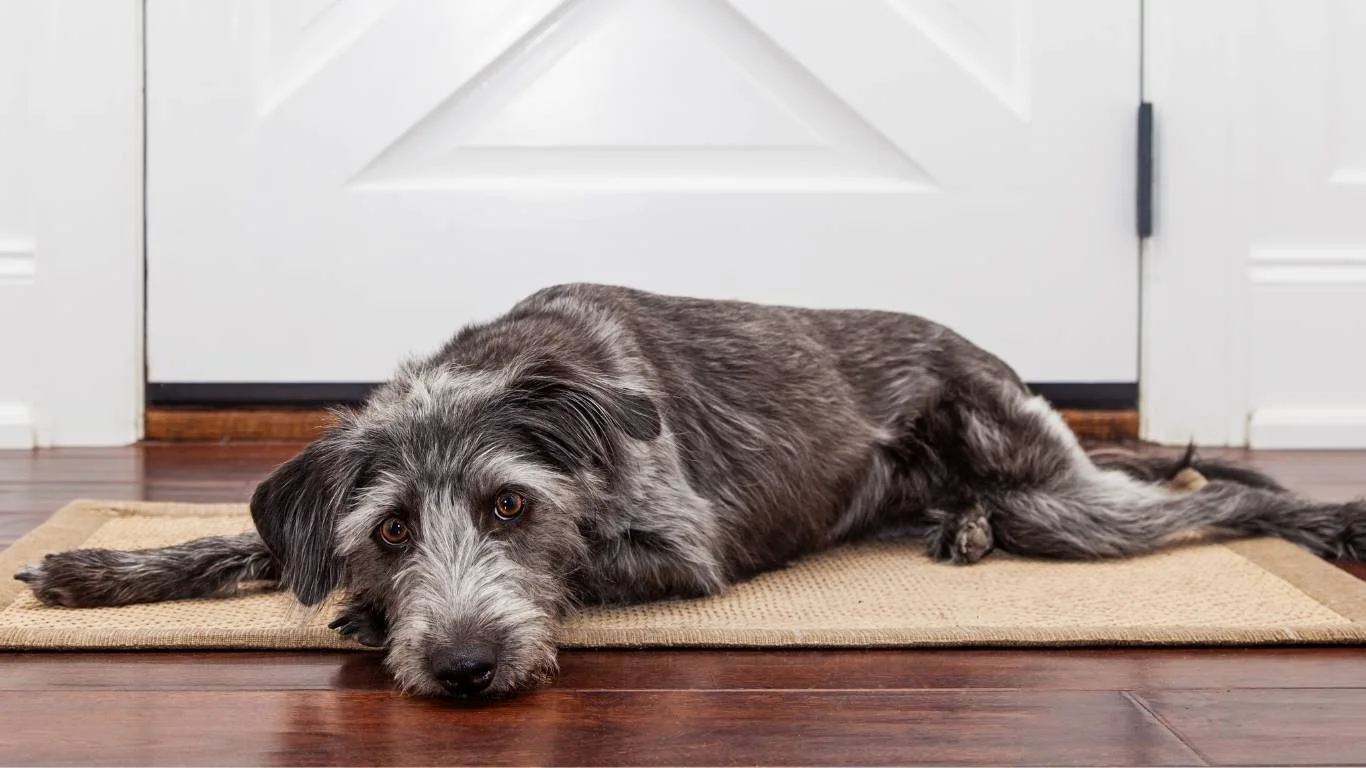
Long-Term Solutions to Prevent Firework Anxiety in Dogs
While it’s important to help your dog cope with fireworks anxiety in the short term, you might also want to consider long-term strategies to reduce their overall anxiety levels. Long-term solutions can help your dog become more resilient to stressors over time, making them less likely to react negatively to fireworks in the future. These strategies may involve lifestyle changes, consistent behavior training, and ongoing support from your veterinarian.
13. Consistent Training for Anxiety Management
One of the best ways to help your dog manage anxiety over time is through consistent training. Training can help your dog develop coping mechanisms that reduce their fear of fireworks. As I’ve seen firsthand, training programs that focus on building confidence and teaching relaxation techniques can be incredibly effective. This is where desensitization comes into play, which we discussed earlier, but in a broader context.
Training sessions should focus on exposing your dog to low-level anxiety triggers (like the sound of fireworks or similar noises) while rewarding calm behavior. For example, you might start by playing firework sounds at a very low volume while offering treats or playing with your dog. Over time, you’ll gradually increase the volume as your dog gets used to the noise and learns that nothing bad happens when they hear it. This technique is often referred to as “counter-conditioning.”
Additionally, teaching basic commands like “sit,” “stay,” or “calm” can be invaluable in helping your dog feel more secure during stressful situations. When your dog learns to respond to commands in a relaxed manner, you can use these commands during fireworks to redirect their attention away from the noise.
14. Regular Exercise and Mental Stimulation
Exercise and mental stimulation are crucial not only for your dog’s overall well-being but also for managing anxiety. Regular physical activity helps your dog release excess energy and reduces the buildup of stress. As I mentioned earlier, a good play session before fireworks can go a long way in helping your dog relax, but daily exercise is just as important for long-term anxiety management.
Engaging your dog’s mind is just as important as physical exercise. Puzzle toys, training sessions, and interactive games are great ways to keep your dog mentally stimulated. These activities provide a healthy outlet for anxiety and can help reduce their overall stress levels. Dogs that have a good balance of physical and mental exercise are often much less anxious in the face of loud noises and stressful situations.
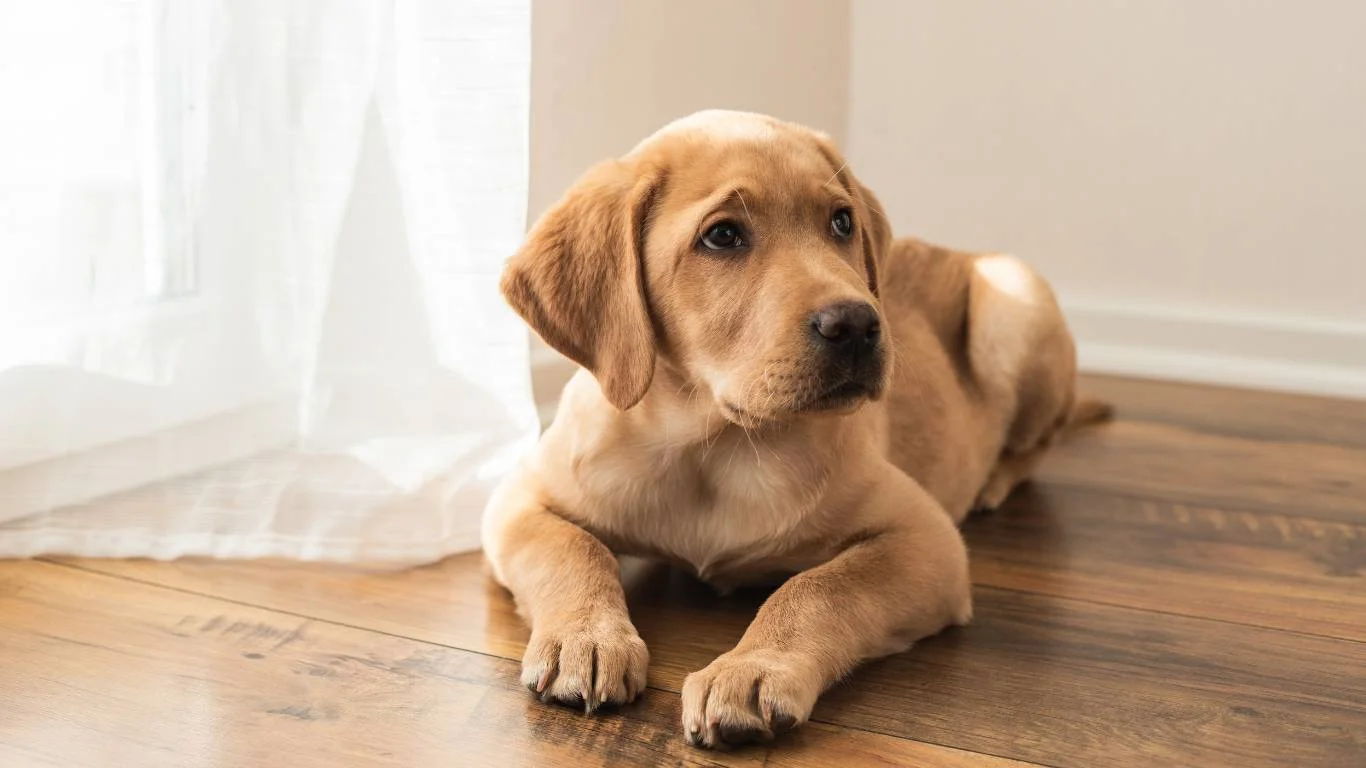
Consulting Your Veterinarian for Ongoing Support
For some dogs, anxiety is a chronic issue that requires ongoing support and treatment. As a veterinary assistant, I’ve seen how important it is to maintain open communication with your veterinarian when managing anxiety, especially if your dog is highly sensitive to fireworks and other loud noises. Your vet can help guide you in determining whether medications or long-term behavioral therapy are necessary for your dog’s well-being.
If you’ve tried several anxiety-relief methods without success, don’t hesitate to ask your veterinarian for advice. They can recommend specific medications, supplements, or behavioral therapies that may be more effective in treating your dog’s anxiety. Additionally, your vet can help monitor your dog’s progress over time and adjust their treatment plan as needed.
15. Prescription Medications for Severe Cases
In some cases, your veterinarian may recommend prescription medications to help manage your dog’s anxiety. These medications can help take the edge off during particularly stressful events, like fireworks displays, and are often used in conjunction with behavior training. It’s important to note that medications should always be prescribed by a veterinarian and used under their supervision.
Common medications used to treat anxiety in dogs include:
- Selective serotonin reuptake inhibitors (SSRIs): These medications work by balancing the levels of serotonin in the brain, which can help reduce anxiety.
- Tricyclic antidepressants (TCAs): TCAs can also be used to manage anxiety by affecting the levels of certain neurotransmitters in the brain.
- Benzodiazepines: These medications are fast-acting and can help reduce acute anxiety, but they are generally only used on a short-term basis due to the risk of dependence.
Medications can be very effective when used correctly, but they are not a one-size-fits-all solution. Your vet will help determine which option is best for your dog and will monitor their response to the treatment.
16. Keep a Calm, Supportive Routine
Dogs thrive on routine, and having a consistent, calming daily schedule can help alleviate anxiety in general, not just during fireworks. Keeping mealtimes, walks, and playtime at regular intervals can help your dog feel more secure and reduce stress. When your dog knows what to expect throughout the day, it can help them feel more grounded and less overwhelmed by unexpected events.
During stressful events like fireworks, maintaining this routine can also help soothe your dog. If they know that after a scary event like fireworks, they’ll have a cozy place to sleep, a tasty treat, or a calming walk, it can help them handle the stress better. Keeping a calm and reassuring environment is key to supporting your dog through difficult times.
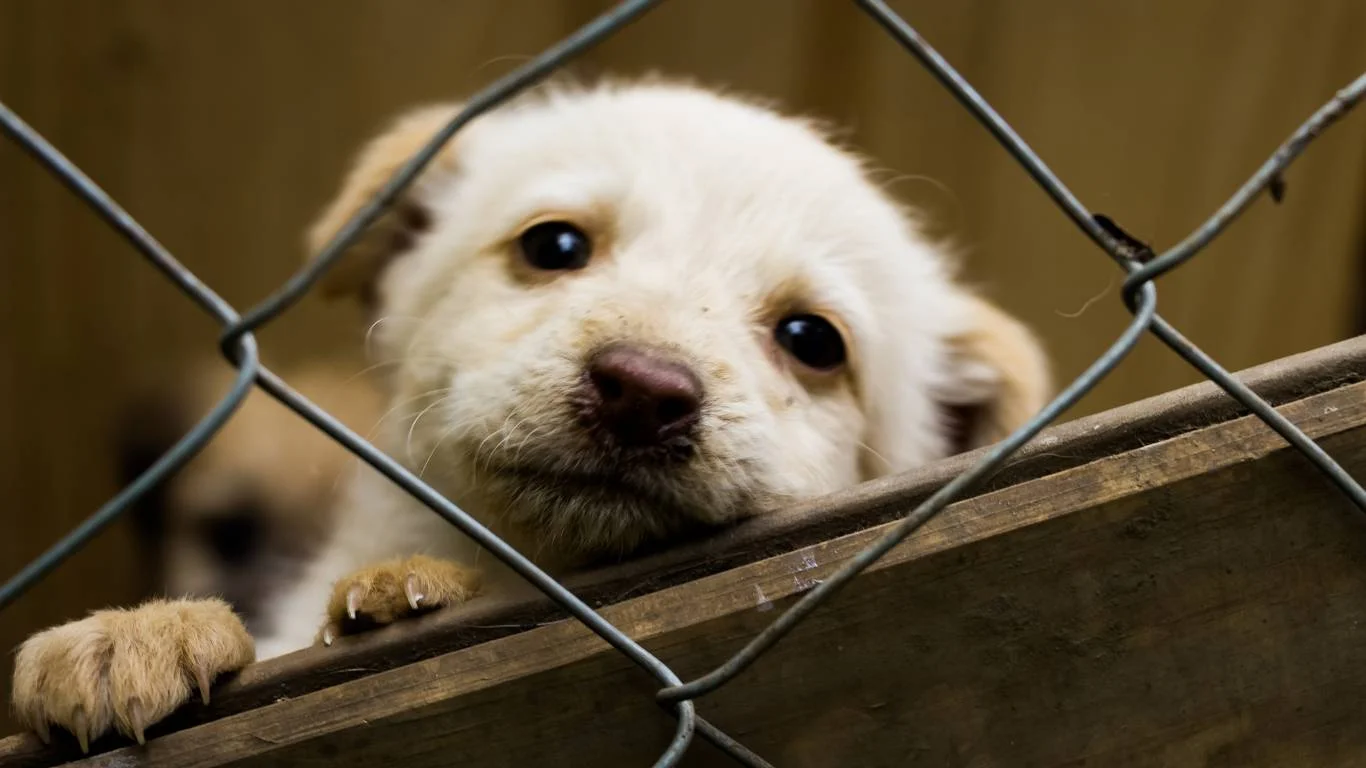
References
Disclaimer
The information provided in this article is for educational purposes only and is not intended as a substitute for professional veterinary advice. Always consult with a veterinarian before making decisions regarding your dog’s health and well-being. Each dog is unique, and what works for one may not work for another. Your vet can help guide you through the process of managing your dog’s anxiety in the safest and most effective way possible.
